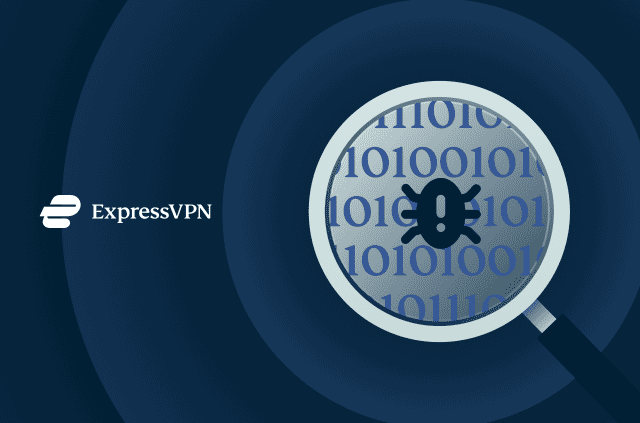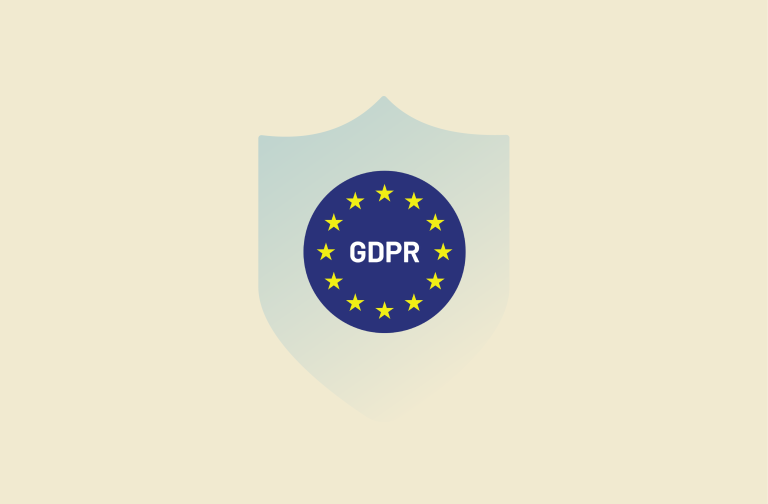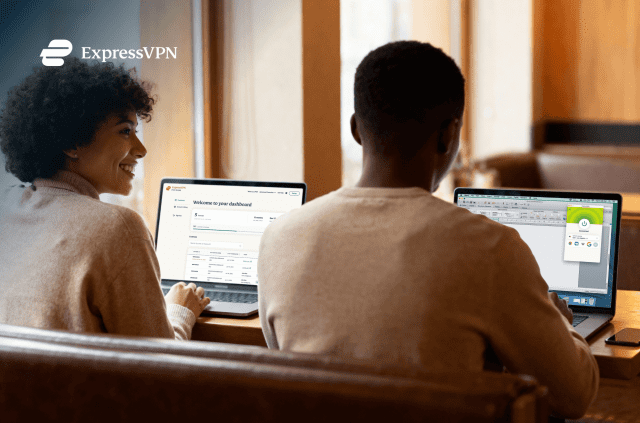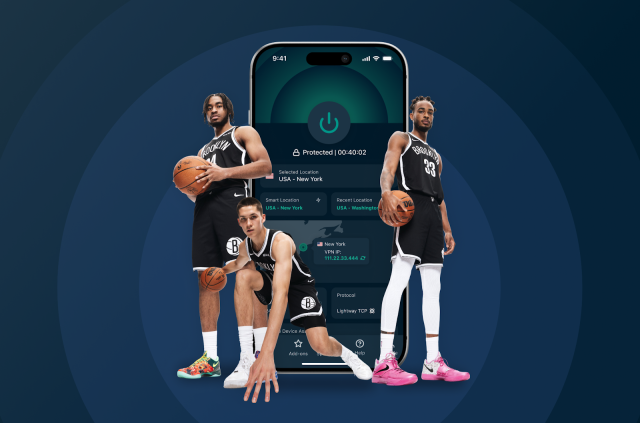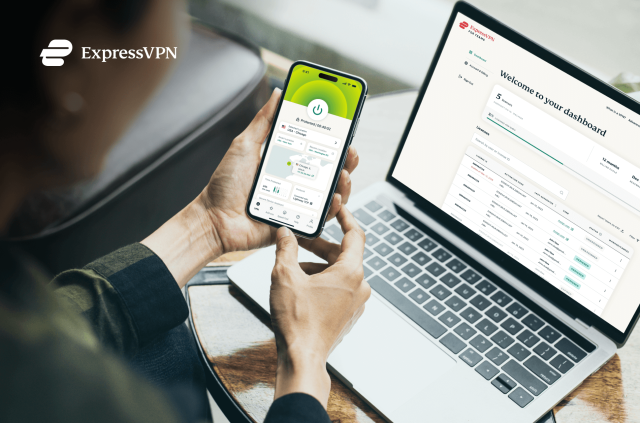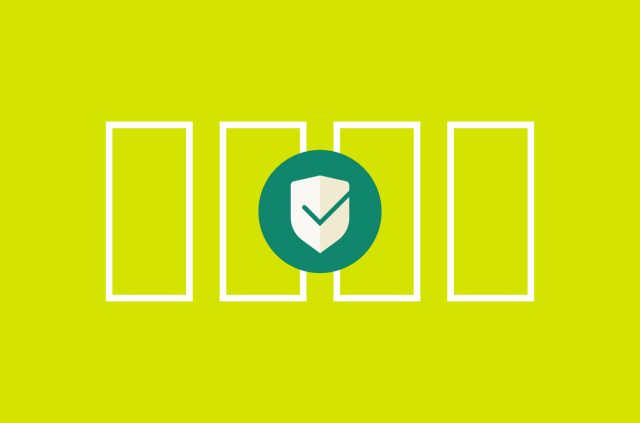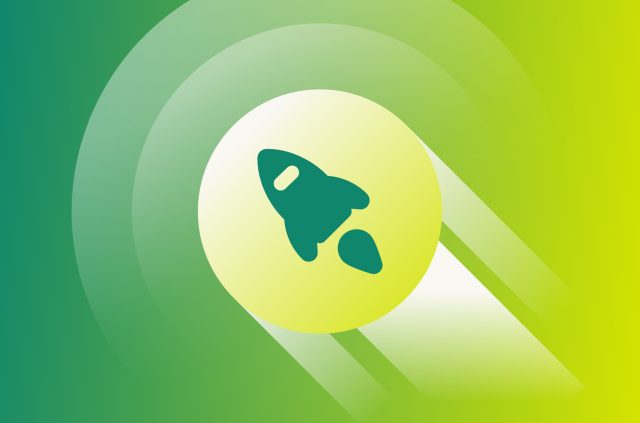Clear message? UN says encryption key to free speech

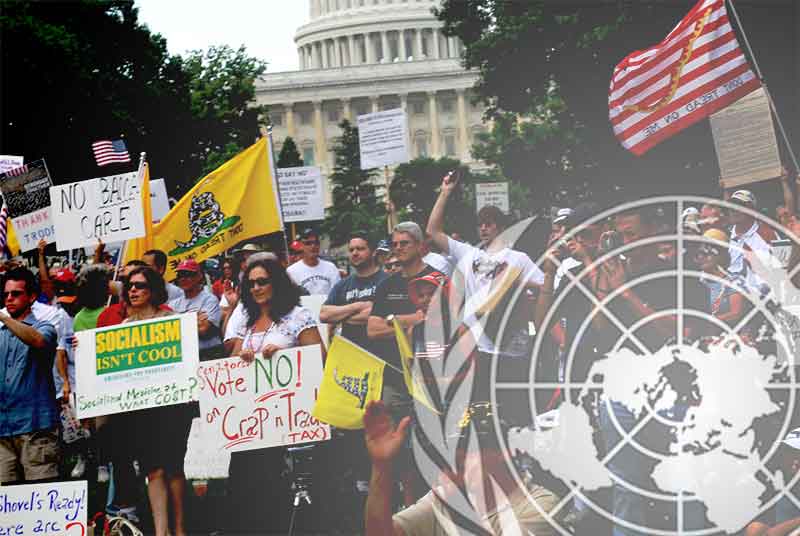
In 2011, the United Nations declared Internet access a human right. Now, a report from the United Nations Office of the High Commissioner puts the right to encryption and anonymity on nearly the same pedestal, calling both “necessary for the exercise of the right to freedom of opinion and expression in the digital age.” In other words, the UN supports the right of individuals to obfuscate any part of their message — from origin to content — so the impact of that message isn't lost. And while the agency's official declarations don't always compel nations to change their ways, the report is a step in the right direction. But can the UN's good intentions really stem the tide of government efforts worldwide to introduce digital “backdoors”?
Freedom versus failsafes
As noted by BBC News, the UN report calls encryption “essential” for free speech and says that without tools to obscure their communications, individuals will find it difficult to express their opinions without fear of censure or prosecution. David Kaye, author of the report, says that “encryption and anonymity, separately or together, create a zone of privacy to protect opinion and belief.” The UN document also champions personal freedoms by decrying so-called “blanket prohibitions”, which it says “fail to be necessary and proportionate.” In addition, the report says nations should avoid making user identification a condition of digital access. Taken in sum, the UN recommendations clearly link encryption and the ability to exercise free speech rights, but the report does contain a few caveats.
For example, there's a section dealing with “court-ordered decryption” which it says should be carried out only “when it results from transparent and publicly accessible laws applied solely on a targeted, case-by-case basis to individuals.” While this sounds relatively strong, it raises a question: how would court-ordered decryption work if encryption systems are both strong and anonymous? In effect, these are failsafes in the event of an identifiable and immediate threat to national security, but critics worry they're backdoors in everything but name.
Government grounds
Why the sudden interest from the UN in defining digital rights? In large measure, the effort stems from increasing governmental efforts to gain access to encrypted personal communications. According to The Intercept, for example, US Attorney General Loretta Lynch has joined the US government's “fearmongering” over encryption technologies. The attorney general claims that malicious actors are using “encrypted communications — communications that are designed to disappear once they are sent,” and that this encryption limits the ability of law enforcement to protect citizens. Director Mike Rogers of the National Security Agency (NSA), meanwhile, argues that governments should be given access to all encrypted products in the same way they have access to telephone communications.
In the United Kingdom, BGR reports that a new Investigatory Powers Bill under discussion specifically targets encryption. If passed, the bill would require companies like Google, Apple and Facebook to decrypt communications when served with a warrant from the Home Secretary. What's interesting here is that in some cases, such as Apple's iMessage or FaceTime, this kind of order is useless. Since Apple uses end-to-end encryption, decryption isn't possible under any circumstances. Services like Google Hangouts, however, aren't yet protected by end-to-end encryption, making them — and those who use them — potentially vulnerable.
Ease of encryption?
It's no surprise that the UN came down on the side of privacy — but reports and recommendations are a far cry from actually convincing everyday users to take advantage of encryption. Most devices and services don't encrypt by default, while different standards and methods are largely inscrutable unless you're a tech guru or pundit. So what's the solution? As noted by Wendy Nather, Research Director of Information Security at 451 Group in a recent Forbes article, “Most users don't want to be builders. If you’ve got a pen, you don’t want to know how it works or how to fix it; you just want to get your writing done. If it breaks, you just get a new one. Encryption needs to be as invisible and trouble-free as that.”
Here's where it all ends up: the UN says that encryption is a critical component of free speech. Governments want backdoors to encrypted communications, while users don't want extra steps just to use a messaging service or take complex precautions to secure their device. Best bet? Start easy. Opt for a secure VPN and encrypt your Internet traffic now. It's your right. Use it or lose it to government snoops.
Featured image: Peter Griffin / Public Domain Pictures.net (image has been modified)
Take the first step to protect yourself online. Try ExpressVPN risk-free.
Get ExpressVPN
